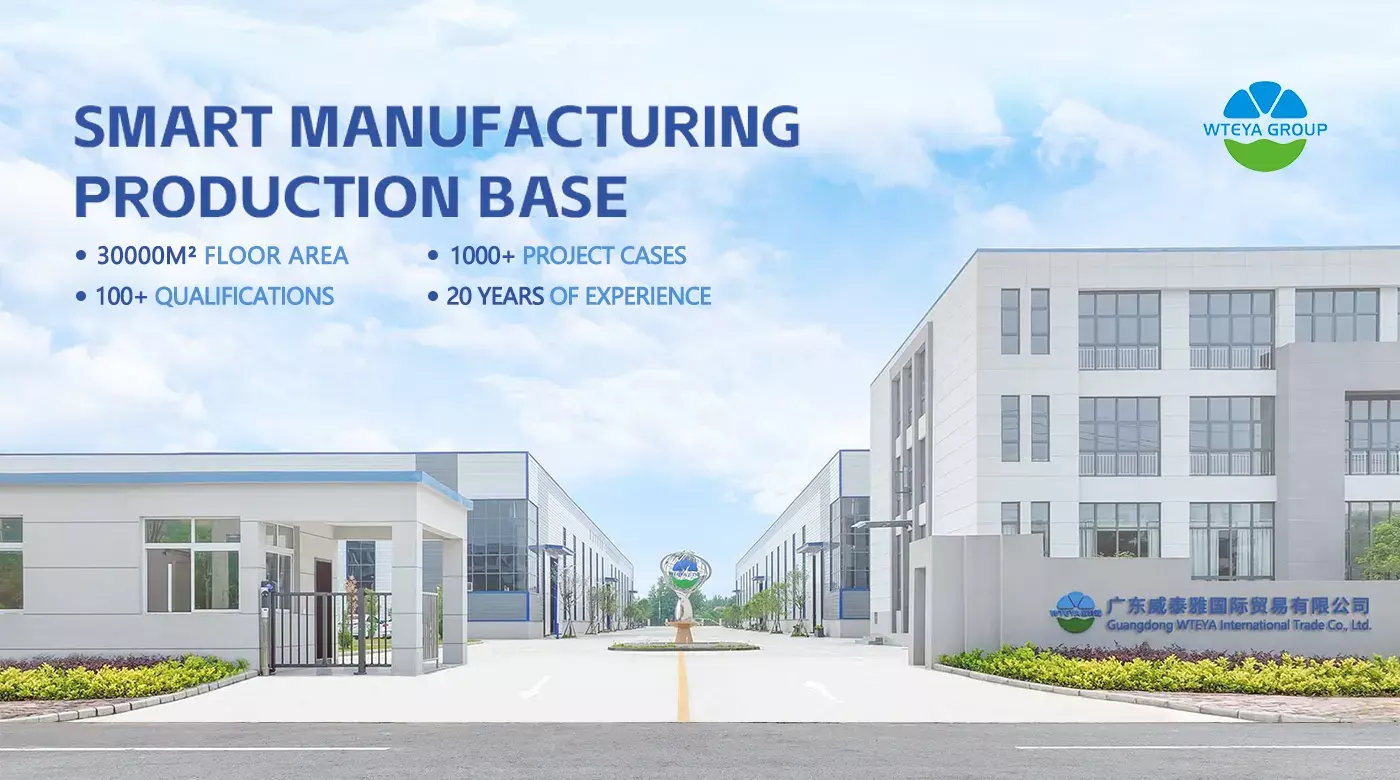WTEYA is a brand you can trust, with over a decade of extensive experience providing efficient and reliable water treatment solutions to numerous well-known companies worldwide. We have successfully implemented projects for publicly listed companies such as Foxconn, Huawei, Ganfeng, and Rongbai, with over a hundred project cases earning strong trust and praise from our clients. We support OEM & ODM customization, offering tailored solutions to meet your unique needs.
Analysis of Performance Factors for Small-Scale Seawater Desalination Plants
19 Nov, 2025 7:06pm
Freshwater scarcity remains one of the major global challenges of the 21st century. Coastal communities, remote islands, and industrial facilities often face difficulties in accessing reliable drinking water. Small-scale seawater desalination plants have emerged as practical and sustainable solutions, providing users with stable water sources while overcoming the space and investment limitations of traditional large desalination plants.
WTEYA focuses on providing compact desalination systems and modular desalination plants, featuring high efficiency, automation, and strong reliability. These systems can convert seawater and slightly brackish water into safe drinking or industrial water, ensuring stable operation across various environments. To ensure long-term high performance of small-scale seawater desalination plants, it is essential to understand the key factors affecting their performance, which directly determine water quality, system efficiency, lifespan, and cost-effectiveness.
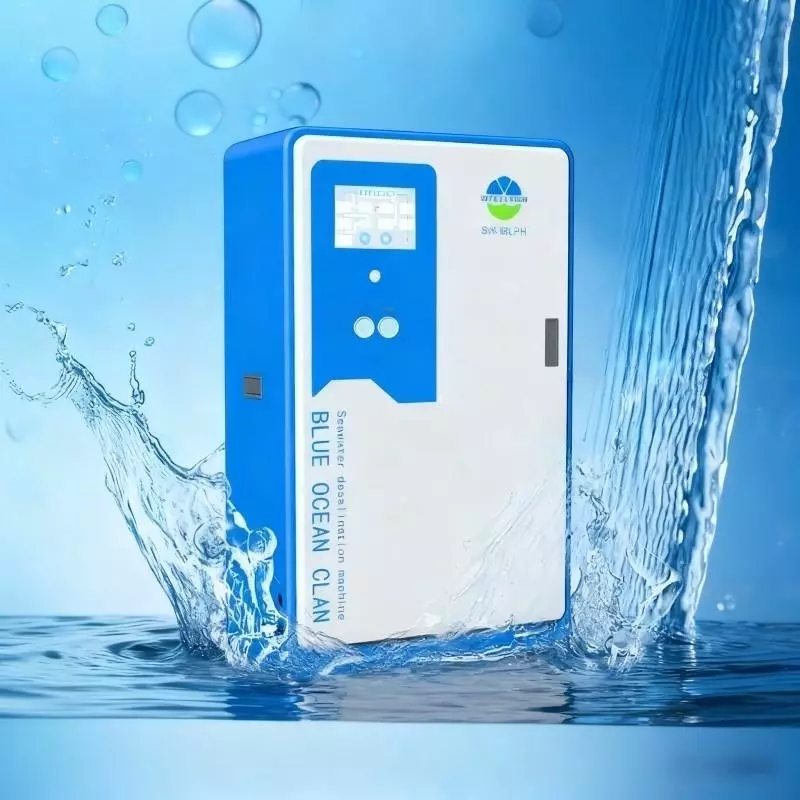
1. Water Source Characteristics 💧
The quality and properties of the feed water are core factors affecting desalination performance:
● Salinity: Higher salinity increases osmotic pressure on reverse osmosis (RO) membranes, requiring more energy and precise pressure control.
● Turbidity and Suspended Solids: Excess particles can clog pretreatment systems and membrane elements, requiring advanced pretreatment and regular maintenance.
● Temperature: Water temperature affects membrane permeability and the efficiency of thermal desalination processes (e.g., MSF, MED).
● Chemical Composition: Components like iron, manganese, and organics may accelerate membrane fouling and reduce lifespan.
For low-salinity water sources, small brackish water desalination plants usually operate more efficiently than seawater systems, so customized designs based on water type are essential.
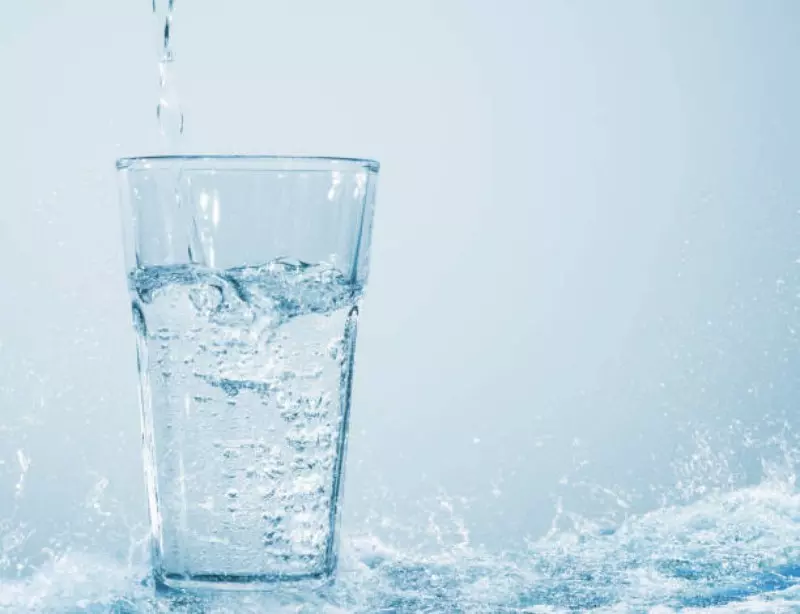
2. System Design & Configuration ⚙️
The structure and design of the desalination plant directly impact performance:
● Compact Desalination Systems: Suitable for limited space but require optimized flow paths, membrane layouts, and energy recovery to maintain efficiency.
● Modular Plants: Allow capacity expansion, independent unit replacement, and system redundancy during maintenance.
● Integrated Treatment Units: Pretreatment, filtration, and post-treatment must work seamlessly to prevent fouling, scaling, and downtime.
WTEYA’s systems utilize modular and automated designs, ensuring even small plants can deliver stable water quality and high energy efficiency.
3. Operating Parameters & Maintenance 🔧
Even well-designed small-scale desalination plants can experience performance drops if operated incorrectly:
● Pressure and Flow: Maintaining optimal RO operating pressure maximizes water recovery and reduces membrane stress.
● Cleaning & Chemical Maintenance: Regular cleaning prevents membrane fouling and extends lifespan.
● Monitoring & Automation: Intelligent control systems detect water quality, energy, or flow anomalies in real time, reducing human error.
WTEYA’s modular plants include smart monitoring, providing real-time operational data and predictive maintenance alerts to enhance long-term stability and sustainability.
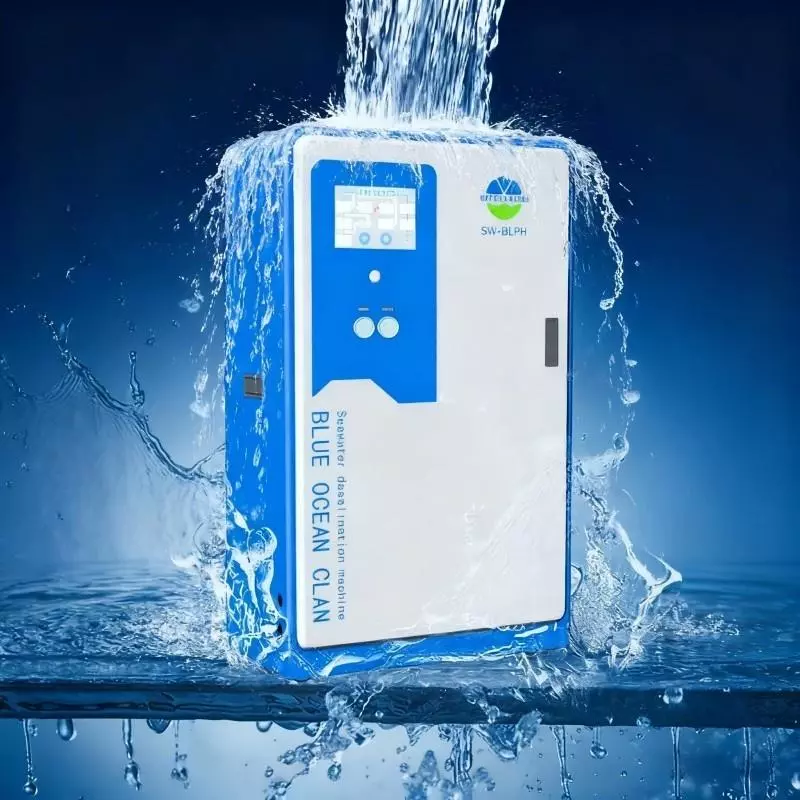
4. Environmental & Site Conditions 🌍
External environmental factors also influence system efficiency:
● Ambient Temperature & Humidity: Significantly impact energy consumption and efficiency of thermal desalination.
● Marine Exposure: Salt spray can accelerate corrosion; WTEYA systems use corrosion-resistant materials for durability.
● Space & Site Limitations: Proper layout affects intake water quality, maintenance access, and operational efficiency.
5. Energy Supply & Efficiency ⚡
Energy consumption is a major operational cost:
● Energy Recovery Devices: Recover energy from high-pressure brine to reduce consumption.
● Optimized Pumps & Drives: Improve efficiency of compact and modular systems.
● Renewable Energy Integration: Solar-assisted desalination systems can further reduce costs and enhance sustainability.
Choosing high-efficiency compact desalination systems is crucial for ensuring long-term economic and performance stability.
6. Application Scenarios & Case Studies 🌊
Small-scale desalination plants are widely applicable:
● Remote Islands & Coastal Communities: Provide reliable drinking water and reduce dependence on external sources.
● Industrial Facilities: Ensure stable water quality for production or cooling.
● Emergency & Temporary Deployment: Modular, portable systems can be rapidly deployed for disaster relief or construction projects.
● Brackish Water Treatment: Customized small brackish water plants improve efficiency and reduce energy use.
For example, a remote island community deployed a WTEYA compact desalination system, achieving stable local drinking water supply and reducing water transportation costs. Similarly, an industrial facility using a modular plant maintained stable production water while reducing energy consumption by 20%.
7. Economic & Long-Term Sustainability ♻️
Performance affects both technical outcomes and operational costs:
● Operating Costs: Energy-saving designs and automation reduce electricity and labor expenses.
● Maintenance & Lifespan: Modular and compact designs simplify replacement and upkeep, minimizing downtime.
● Regulatory Compliance: Ensure water quality standards are met, protect public health, and avoid penalties.
● Environmental Impact: Energy optimization and brine management enable green operations.
Through modularity, automation, and durable materials, WTEYA delivers reliable, economical, and sustainable long-term desalinated water solutions.
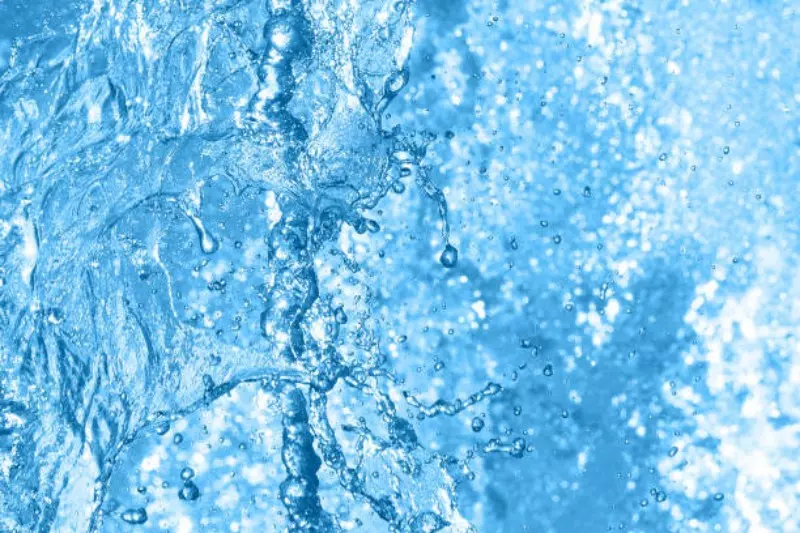
Summary 🌟💧
The performance of small-scale seawater desalination plants depends on water source characteristics, system design, operational management, environmental conditions, and energy efficiency. WTEYA’s compact desalination systems, modular plants, and small brackish water desalination units comprehensively address these factors, ensuring stable, sustainable, and high-quality freshwater production. Whether for remote communities, industrial applications, or emergency deployment, WTEYA’s desalination solutions offer flexibility, efficiency, and long-term reliability, making them a trusted choice for sustainable water resource management.
Why Choose WTYEA?
WTYEA Is Recruiting Global Partners!
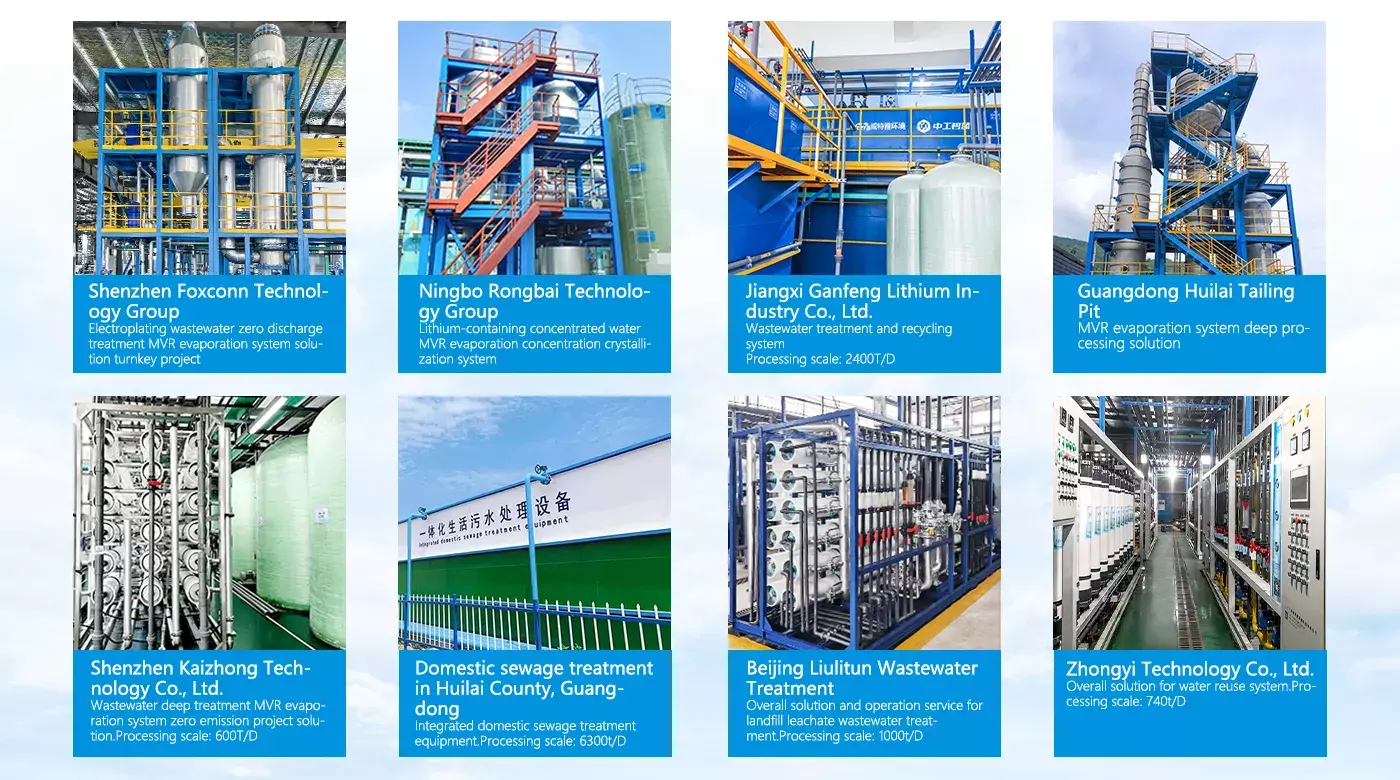
We welcome your partnership. As a brand with nearly 20 years of experience, WTEYA offers various preferential policies, professional training guidance, and comprehensive technical support you can rely on!
👉 Let WTYEA help you achieve unmatched water quality performance!








